July 12, 2013
Round meeting tables enhance workplace consensus and collaboration
The Knights of the Round Table may be the stuff of legend but it seems King Arthur was on to something, for a new study reveals that people sitting in a circular formation at round meeting tables are more likely to want to ‘belong’ to a group and are less prone to be antagonistic. By contrast, the research from the University of British Columbia’s Sauder School of Business found that people seated in an angular arrangement – i.e. “The Boardroom” in Sir Alan Sugar’s The Apprentice – are more likely to look out for number one. “The geometric shape of a seating arrangement can act as a subtle environmental cue for people, by priming their fundamental need for inclusiveness or individuality,” says Sauder Assistant Professor Juliet Zhu, who co-authored the forthcoming study to be published in the Journal of Consumer Research.





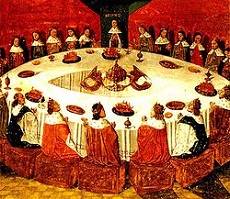
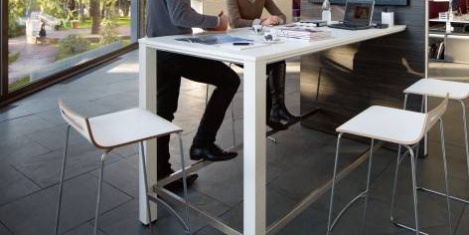
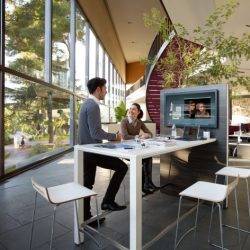


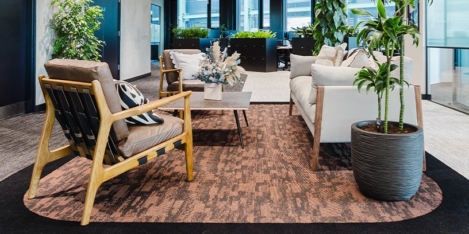
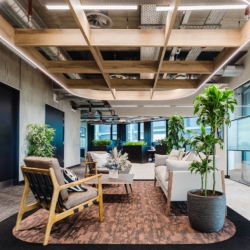








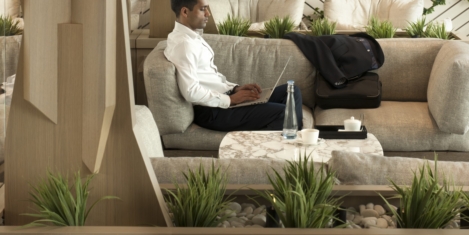
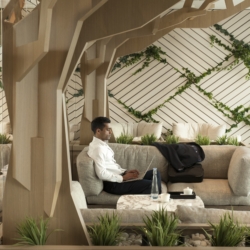













November 20, 2024
Life science interiors: here’s how to create a petri dish for scientific breakthroughs
by Tal Ben-Amar • Comment, Workplace design